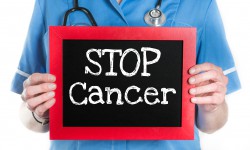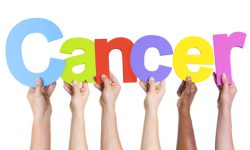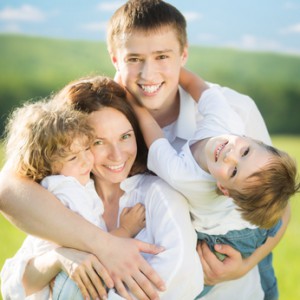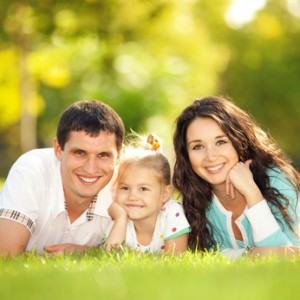
You may sometimes hear immunotherapy for cancer referred to as biological therapy, or biotherapy for short. The prefix “bio” relates to living organisms, as opposed to “chemo,” which indicates chemicals. Biotherapy makes use of natural, living substances that assist your body’s own immune system in fighting cancer.
Biotherapy vs. chemotherapy
Traditional chemotherapy uses drugs to directly attack cancer cells. The main drawback is that chemo drugs can’t differentiate between cancer cells and healthy cells. As a result, damage to normal cells can result in nausea, fatigue, hair loss and other side effects associated with this type of treatment.
While your immune system does a good job at fighting bacteria and other foreign bodies, it has a hard time identifying and eliminating cancer cells. Biotherapy uses protocols developed from elements of the immune system, such as T-cells, cytokines and NK or natural killer cells, to harness and increase its cancer-fighting power.
How biotherapy affects the immune system
Biotherapy treatments can aid your immune system either directly or indirectly.
- Direct assistance boosts the immune system’s ability to fight cancer cells by enhancing its power or making diseased cells easier to recognize.
- Indirect assistance results from stopping or suppressing the process whereby healthy cells are transformed into cancer cells, as well as preventing cancer cells from spreading to other parts of the body.
Issels® is in the forefront of biotherapy cancer treatments
Personalized immunotherapy for cancer used at our Issels® center is based on special testing methods to determine each patient’s specific needs. Visit our website for more information about our individualized non-toxic therapies.




